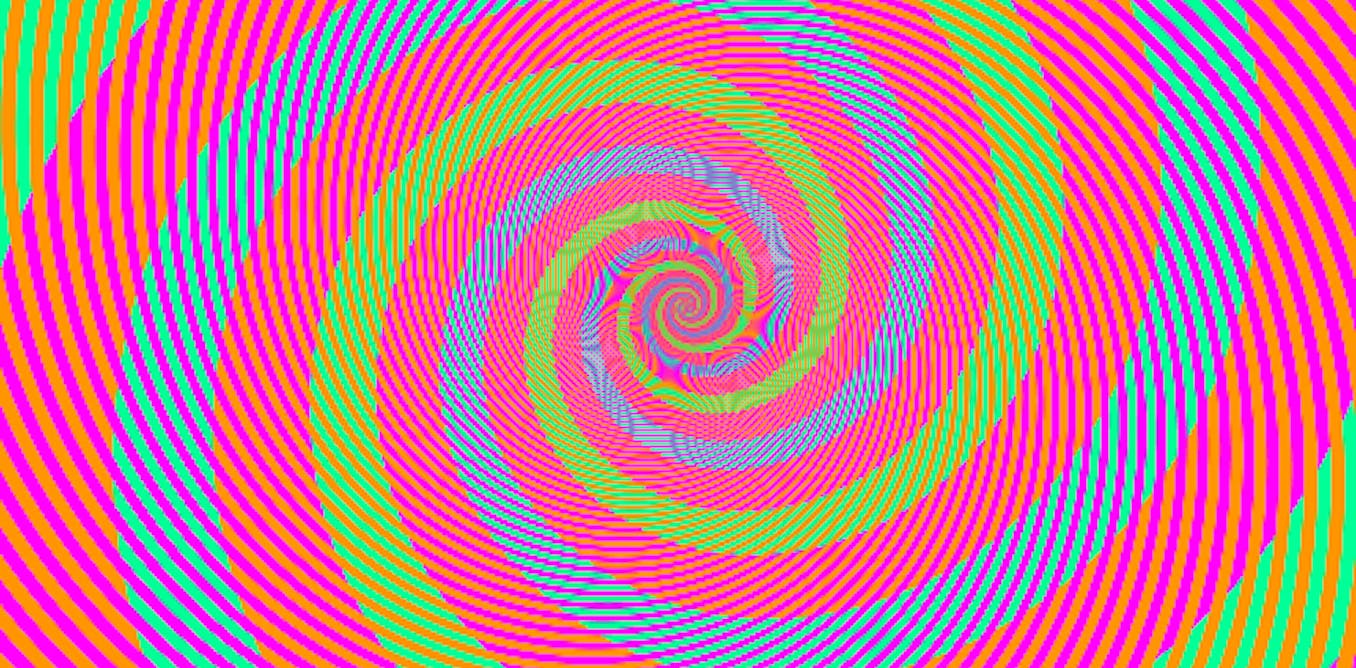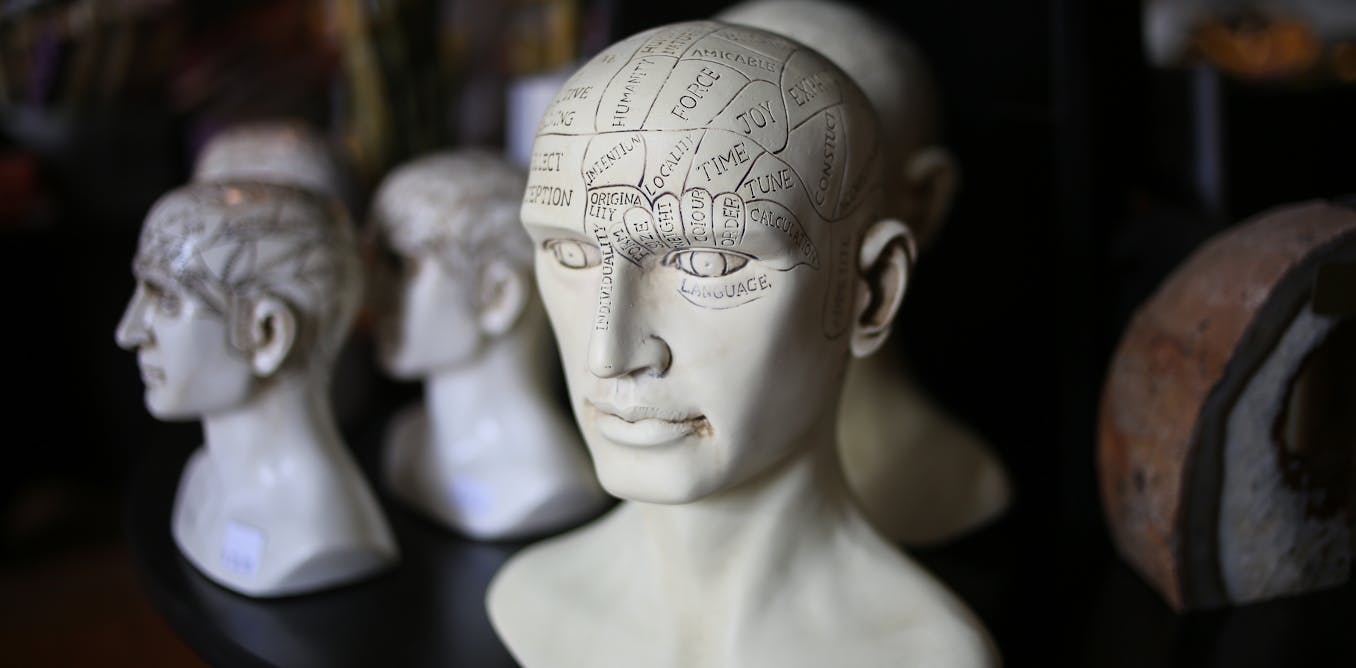If it looks like a dire wolf, is it a dire wolf? How to define a species is a scientific and philosophical question
Figuring out whether de-extinction is possible is as much a technical puzzle as a philosophical one. Add two kinds of DNA to the mix, and it gets even more complex.
May 30, 2025 • ~12 min







